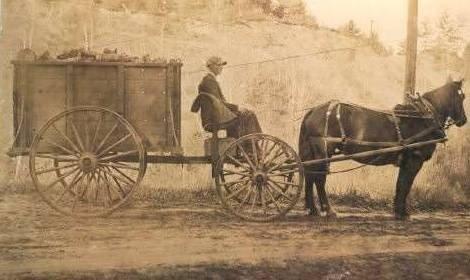One of the most enjoyable, yet bittersweet, jobs I have as a realtor/broker is to talk with retired farmers and their wives about the farm properties that they love so much. Since I’m an old farm boy myself, they warm right up to me, and I can hear the pride in their voices when they talk about their farms. They also listen to my suggestions for how to make their retirement easier, whether it’s trying to sell the land, looking into a reverse mortgage or conserving their property with the help of the Vermont Land Trust.
Once the process is in motion, however, many are reluctant to become involved in programs they do not fully understand and are afraid of situations they do not fully trust. It only gets tougher when I bring others in to help. Everything seems fine at first, but when I call them later to see if they’ve made a decision, the answer is often: “I’ll work with you, but I don’t trust him.”
I can understand their reluctance. These folks have worked long hours, seven days a week, for 50 or 60 years. They love and value the land and a way of life that is all they have known, so they don’t want that to be “taken away.” Although the cattle may have been sold, they still need for income - for taxes, upkeep and living expenses. First they sell the timber and hay or they lease the fields for corn or other crops. It works for awhile, but it certainly does not produce the retirement for which they have worked a lifetime.
I look at the gnarled hands and watch the limp caused by a hip that should have been replaced years ago and feel a great sadness for the families. Many have memories of when times were better. They were offered large sums of money from people from away for the property, but they decided to keep on farming because it was all they knew. And now, with farming in decline, they cannot find a buyer for even the hay, much less the entire property. If you bring them an offer they will remark: “I know what this land is worth and I’m not going to give it away.” It’s hard to look a man in the eyes, who has put his whole life into a piece of property, and tell him the market won’t support the value he puts into it. But with the advent of larger farms it is with sorrow that I watch the deterioration of these small family farms.
My family sold our dairy farm years ago, but I still do what I can to help farmers. I can only hope that with the newer organic farms and young people returning to the soil for food and a better way of life that this trend may be reversed in my lifetime.
This article was recently featured on StoweToday.com as Small Family Farms Face Difficult Times.

